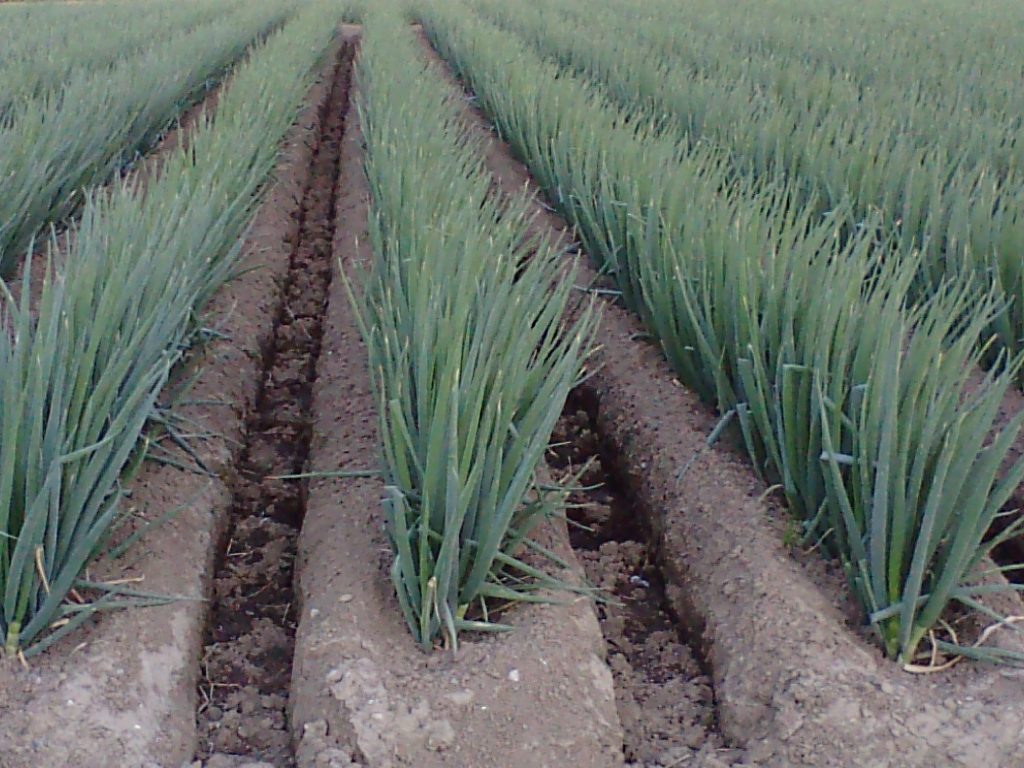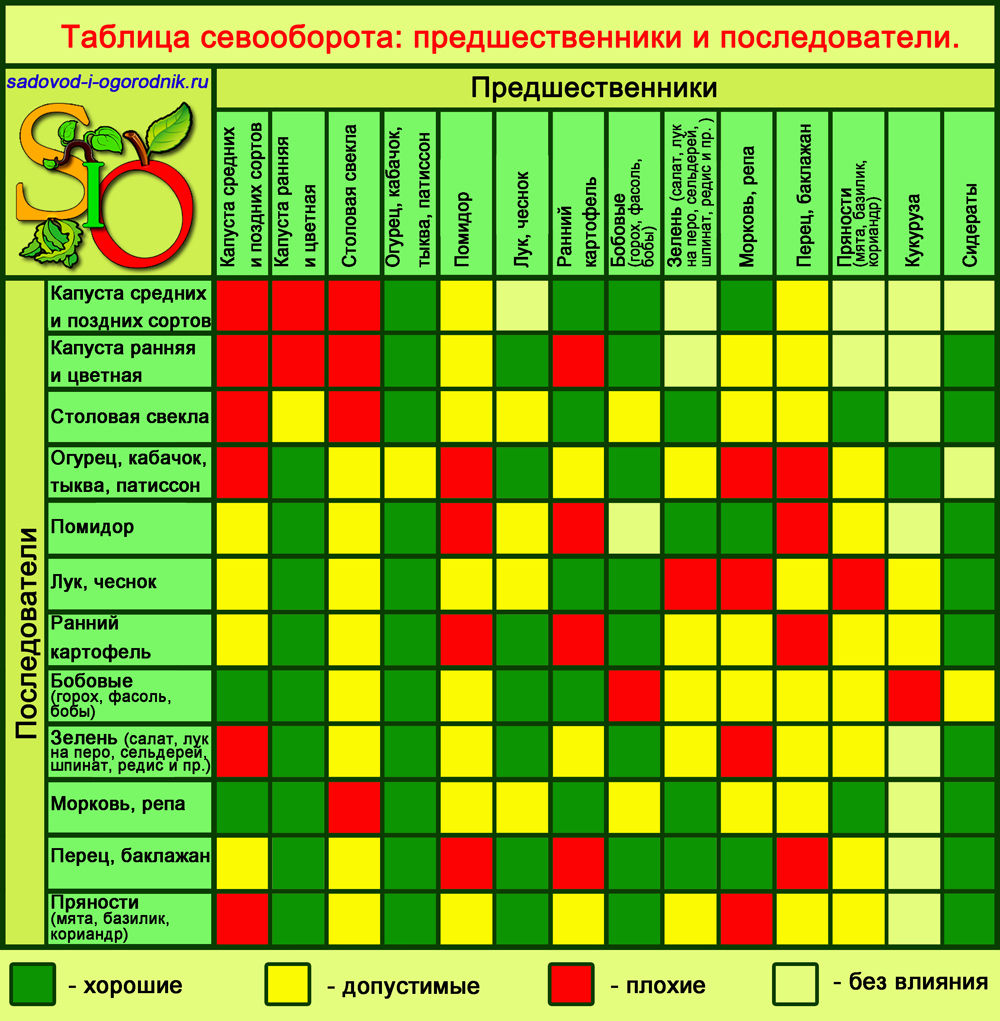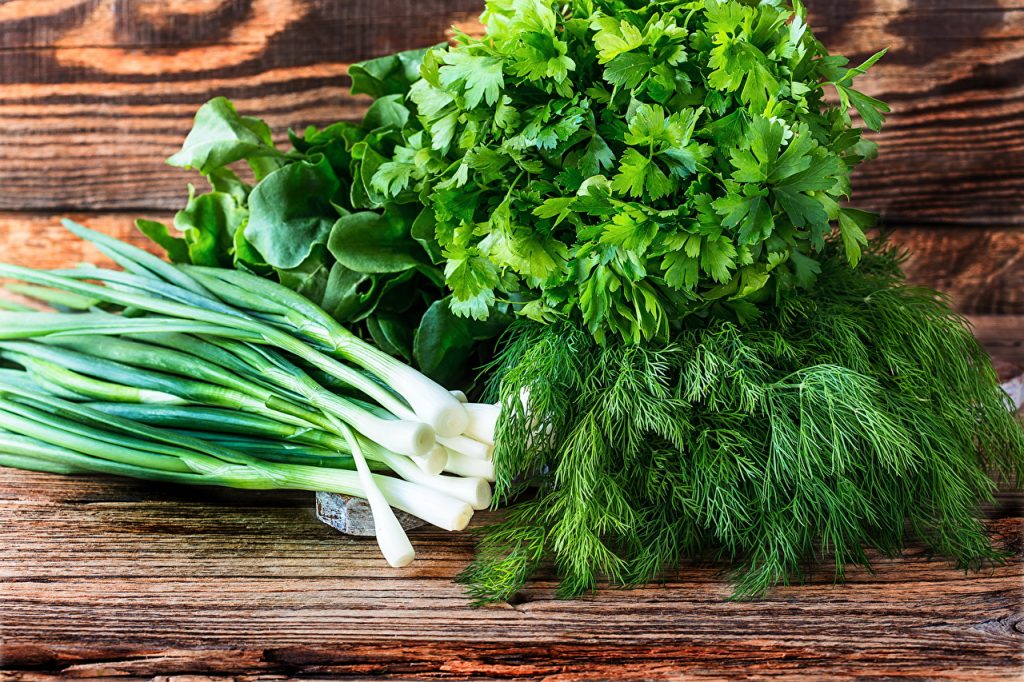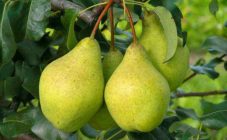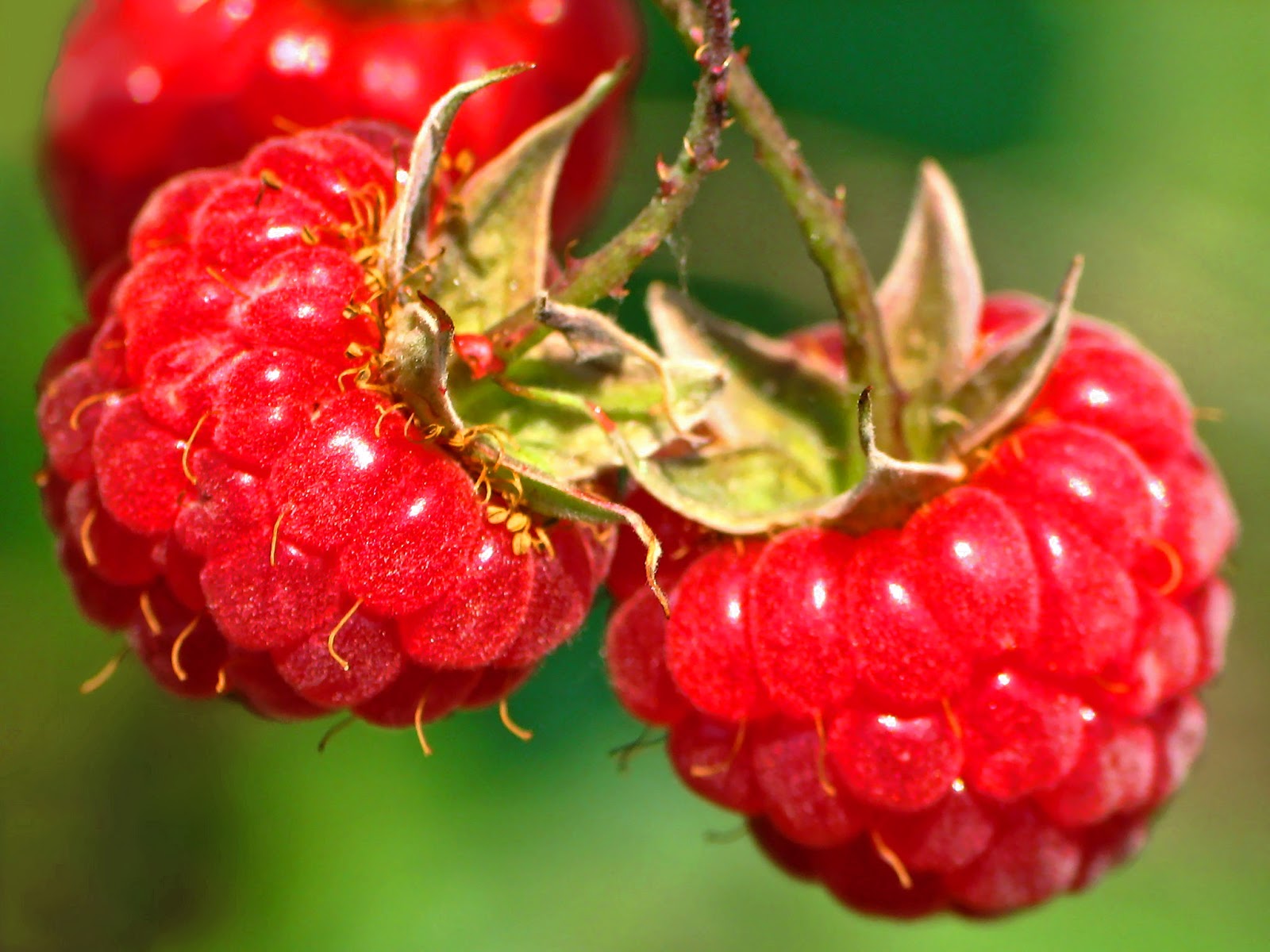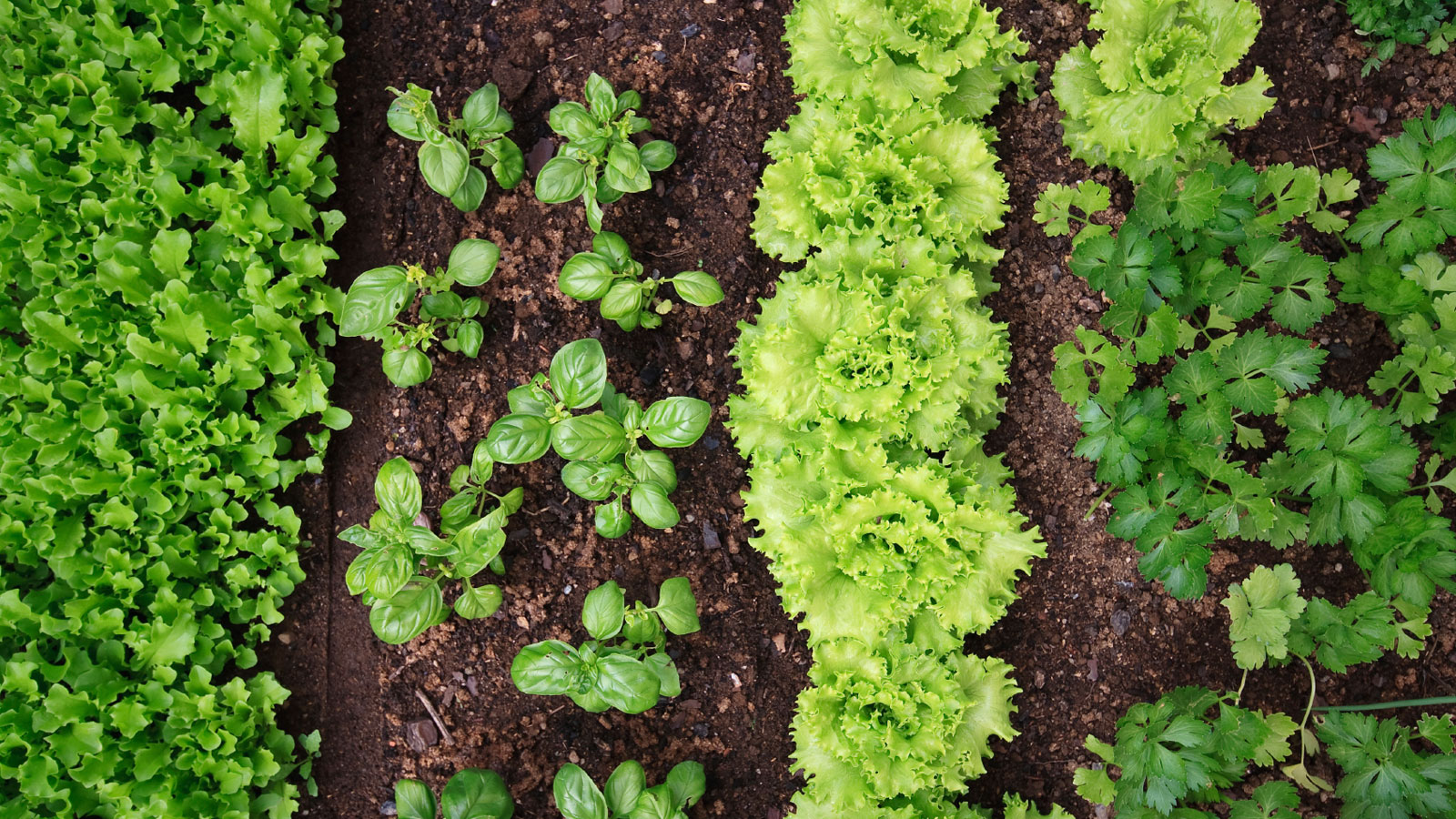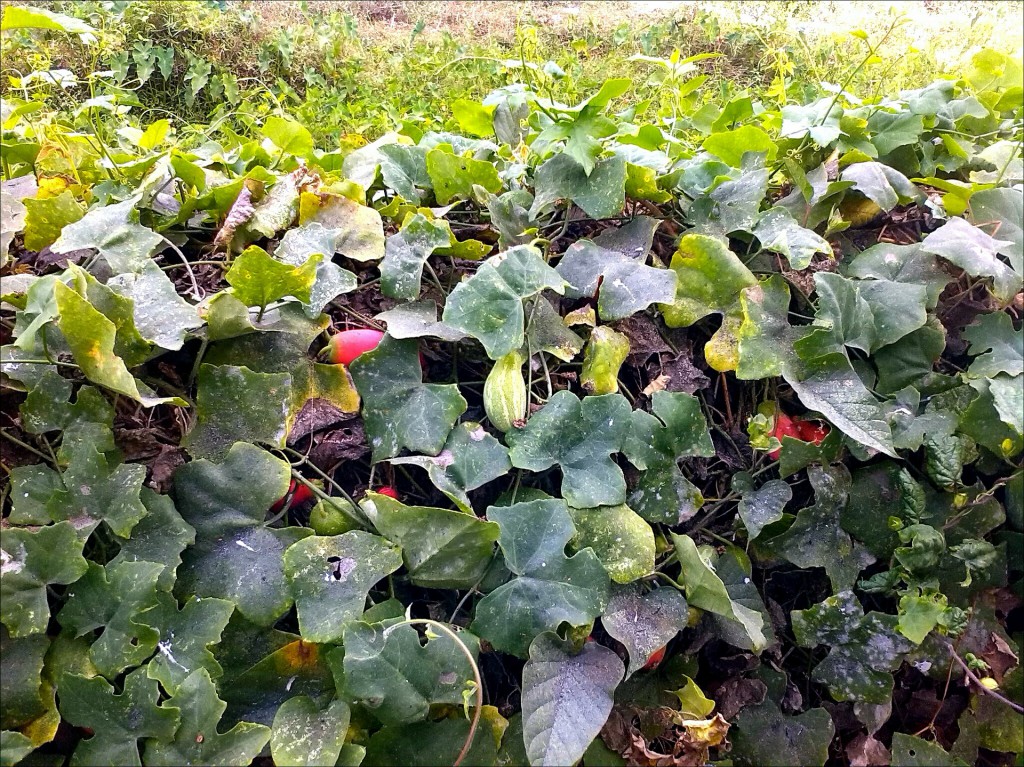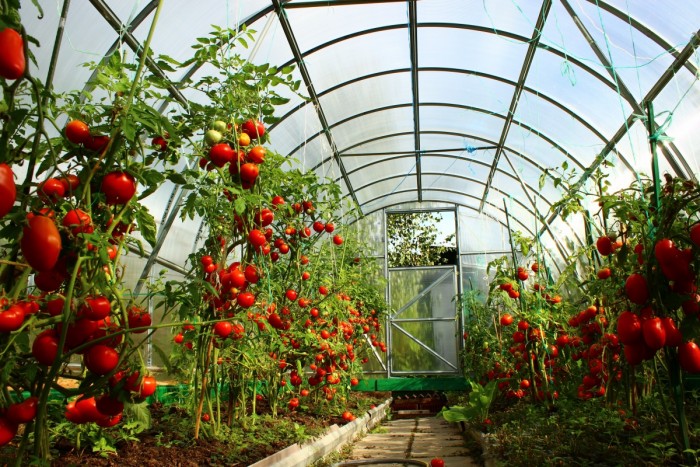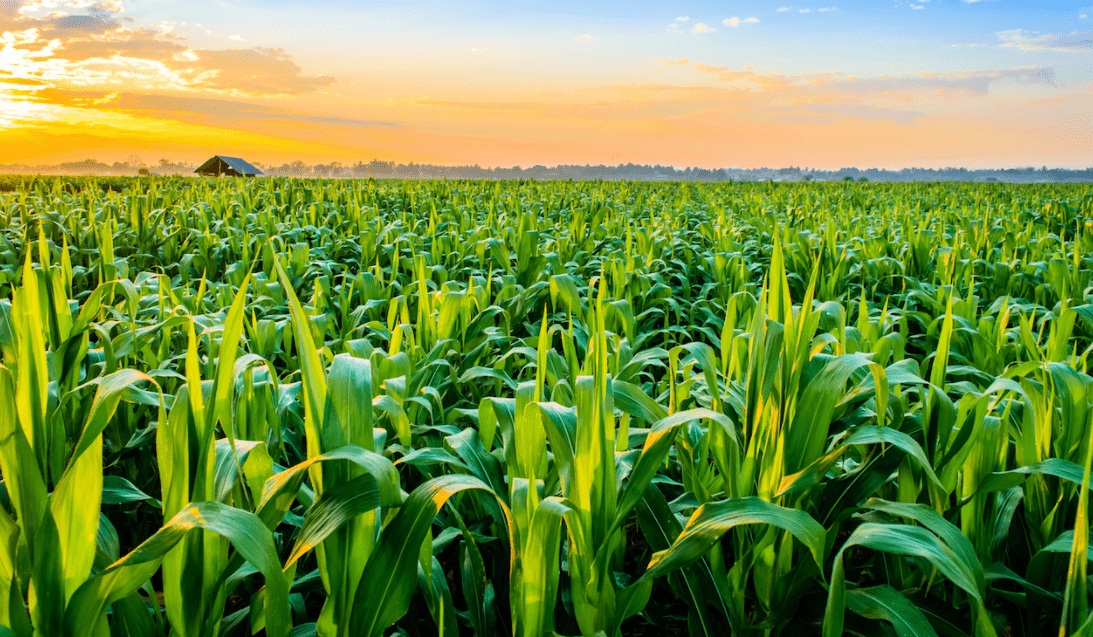Content:
Onions are a tolerant crop that is friendly to many vegetables. If, of course, the neighbors are at an acceptable distance. Nevertheless, he has "enemies" too. The right combination of vegetables will improve your yield and help you get the most out of your garden. With what to plant onions in the same garden? This question often arises from gardeners.
Features of growing onions
People have known this culture for over 5 millennia. The value of this vegetable in human life can hardly be overestimated. It is not only a fragrant "highlight" of many dishes, but also a remedy. Its substances are capable of destroying harmful germs and bacteria, which is very important in the cold season.
Onions are a frequenter of vegetable gardens. Among all varieties of culture: leek, batun, shallot, it is the sevok that is most popular. This variety has a hardy character. It tolerates cool temperatures well and can grow at temperatures between 16-18 ° C. While the seeds need only 5 ° C. The culture tolerates frost well in the fall.
The plant is resistant to many diseases and pests; during cultivation, only the onion fly poses a serious danger to it. The culture does not require much care, it ripens very quickly. What's really important? This is the planting site for the vegetable. He loves the sun's rays and nutritious loose soil.
He has claims to the composition of the soil only if they are calcareous. Wood ash will help to cope with this problem. In addition, it should be borne in mind that with increased acidity of the earth, onions poorly absorb nutrients. Under these conditions, the plant can become infected with downy mildew.
The onion reacts well to an abundance of water only in the first stages of growth. To ripen faster, he needs dry soil, so the groundwater level in the area should not be high. Ideally, it is 1.5-2 meters. The vegetable does not like weeds very much. They prevent it from growing by taking away the sun's rays. Regular high-quality weeding of the beds will rid the onions of unpleasant neighbors.
The best precursors for onions are those crops that fertilize the land. These include zucchini, radishes, potatoes, eggplants and legumes. The vegetable feels good after salad, dill, cilantro, squash.
The vegetable will be grateful to the gardener if he fertilizes the soil with humus and nitrogen before planting. After 3-4 weeks, you can add potassium-phosphorus fertilizers. Ash and a little salt are added to the furrows, and the bulbs themselves are treated with a weak solution of potassium permanganate before planting in open ground.
When to plant onions, carrots, beets? These crops are the first to be grown in the garden. They are good at cool air. They need a temperature of 5-7 ° C for planting.
Onion compatibility with other vegetables
Crop rotation in the garden is the alternation of different crops in the plots. The main goal is to maximize the productivity of the site.
The planting plan is based on the following factors:
- Definition of the leading culture. Here they determine which vegetable is in priority, and how many bushes the gardener expects;
- The relief of the vegetable garden. For example, there is an abundance of water in the lower slopes. Strawberries and cucumbers love this soil;
- Predecessors.Different plants need different nutrients. In addition, some vegetables have a weak root system and take everything they need from the topsoil;
- Climate features;
- The degree of erosion of the land on the site.
What can you plant next to onions? To answer this question, you need to know about some of the characteristics of this vegetable. Its roots are very weak and thin, like spider webs. They dry quickly in the sun. Most of the root system is in the upper layers of the soil. It grows into the ground by no more than 50 cm.
In addition, the plant is very fond of nitrogen substances. They are also not indifferent to zucchini, pumpkin, tomatoes, cucumbers, peppers and various types of cabbage. These vegetables completely select the substances useful for onions, so onions should not be planted after them.
The best neighbors for a vegetable
What can you plant next to onions? When growing, a favorable neighborhood is important for each vegetable. Compatible plants are able to share important micronutrients with each other in case of need. For a plant, such help will not be superfluous. In addition, the vegetable itself can be useful for other crops, protecting them from pests.
Can onions be planted next to carrots? These vegetables are a good example of the mutual help that different cultures can give each other. Carrot rows can often be seen near onion rows in many vegetable gardens. Together with carrots, they are ways to ward off harmful insects. The onion gets along well with garlic. They can be safely planted nearby.
Garlic is a unique crop, after which you can plant any vegetable. But he himself cannot be planted in last year's bulbous places. Moreover, these vegetables feel comfortable next to each other, having a beneficial effect on growth conditions. But on the same bed, onion and garlic will not get along, since they need the same nutrients and water. The result of joint "living" can be the depletion of the land, which will negatively affect the level of the harvest.
Beets like to have a neighbor like an onion nearby. It allows her to bear large fruits, their ripening will occur faster. When planted, onions produce tall, green leaves that cast a nice shade over the beet rows. So the plant can protect itself from the scorching direct sunlight. Such conditions for beets are very pleasant. In just a couple of days, its fruits are gaining strength and begin to actively grow.
Some varieties of cabbage can make good company with a vegetable: broccoli and kohlrabi. These crops need regular watering, and water will not hurt onions either. But it is advisable not to plant this trinity in the same bed. These crops overlap each other's rays, which ultimately greatly affects the harvest.
In addition to carrots, the onion also has a good protective function for turnips, radishes and tomatoes. Many pests, especially aphids and earthen fleas, do not like the smell of this culture. Upon sensing it, they quickly change these habitats to other, less odorous ones.
Dill and onions have a lot in common. You can open a pack of seeds for planting at the first appearance of heat, at a temperature of 5-7 ° C. These crops complement each other well, improving the characteristics of the fruit. A tomato will feel great between these two vegetables.
With what to plant dill in the same garden? This question often arises. What is the compatibility of dill with other plants? In addition to onions, it will get along well with cabbage, cucumbers, salad, cilantro. Itself is saturated with useful substances, helping other crops to grow.
Cucumbers and onions will not be able to grow in the same garden. The green fruits of the former are very fond of water, but such saturation with moisture has a bad effect on other crops.The roots begin to rot in plants, and the fruits themselves become watery. Such an environment is favorable for the development of the fungus.
Strawberries and onions work well with each other. The latter helps to avoid the development of rot in the berry. Cultures are able to exchange the necessary substances with each other. Strawberries next to onions feel protected, but its beds cannot be oversaturated with moisture either, otherwise the good neighborhood will end.
Neutral neighbors for culture
Some combinations of crops in the beds do not harm each other, but there is also no particular benefit.
These crops include the following:
- Zucchini. Both vegetables have many characteristics in common. For example, they tolerate light spring chill well, but only with stable heat during the day. The crops themselves are unpretentious: only regular weeding and moderate watering are needed;
- Distinguishing greens. They do not interfere with each other, sometimes they even help. Onions and parsley make a good combination. They have the same root system, greens take little nitrogen from the soil, which is "good" for the vegetable. Onions, in turn, ward off parasites from parsley and cilantro;
- Salad. Onions do not receive any benefits from this plant, but there is no harm either. But such a neighborhood is very favorable for a salad, since the vegetable perfectly drives away aphids from planting. In addition, you need to monitor the green plant so that it does not grow with leaves on neighboring beds, otherwise it will take away all the sunlight.
Worst neighbors for onions
The combination of some cultures is not only not beneficial, but, on the contrary, is harmful.
These include the following types of vegetables:
- Classic cabbage. Like onions, she is a lover of "feasting on" nitrogen fertilizers. Thus, the soil for the vegetable becomes very poor. In addition, cabbage loves to spread its leaves on neighboring beds, taking all the sunlight for itself. Although the onion brings many benefits to this culture, scaring away insects from it, he himself does not receive anything in return;
- Beans, peas, and beans. These plants do not fight for nutrients, but legumes like to weave a large carpet of young shoots. Thus, they are able to "stifle" the planting of onions, taking away all the light.
Other vegetable or fruit combinations do not harm the culture. Onions are unpretentious in nature and get along well with other vegetables. They can not only be planted side by side, but also in the same garden.
